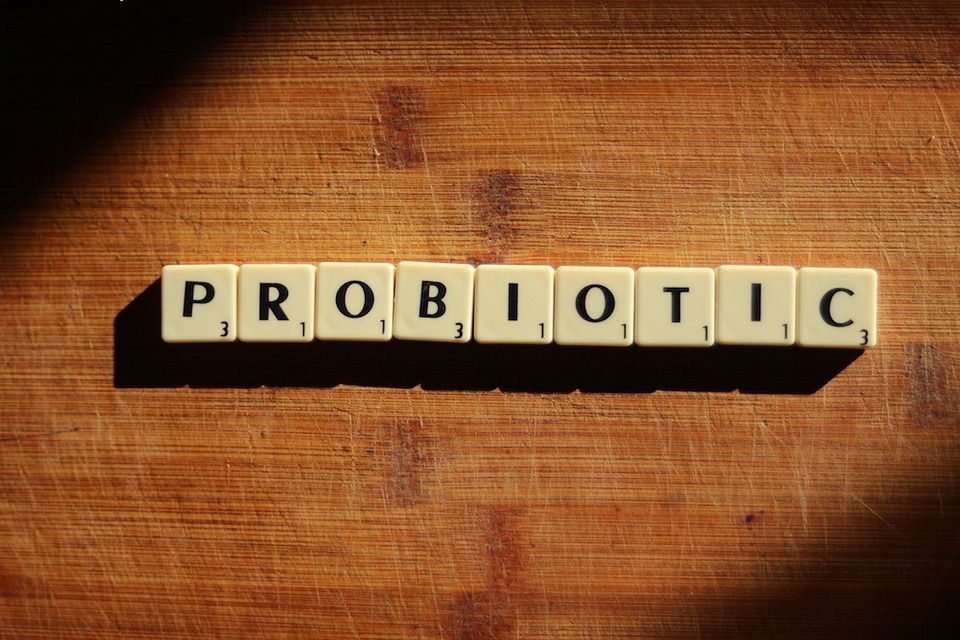Your gut is home to trillions of bacteria, both good and bad. When the balance of these bacteria is disrupted, it can lead to digestive issues, such as constipation, diarrhea, and bloating. Probiotics are live bacteria and yeasts that are good for your health, especially your digestive system. In this guide, we’ll explore how probiotics can improve digestion and promote overall gut health.
What are Probiotics?
Probiotics are live microorganisms that can be found in certain foods, such as yogurt and sauerkraut, and in supplement form. They are often referred to as “good” or “friendly” bacteria because they help keep your gut healthy and balanced.
The Digestive System and Gut Health
The digestive system is responsible for breaking down food and absorbing nutrients. When your digestive system is not functioning properly, it can lead to a range of health issues. Gut health, which refers to the health of your digestive system, is essential for overall well-being.
The gut is home to trillions of bacteria, both good and bad. When the balance of these bacteria is disrupted, it can lead to digestive issues, such as constipation, diarrhea, and bloating.
How Probiotics Can Improve Digestion
Probiotics work by balancing the bacteria in your gut. When the good bacteria outnumber the bad bacteria, digestion improves. Here are some ways that probiotics can improve digestion:
Reducing Bloating and Gas
Probiotics can help reduce bloating and gas by improving digestion. When food is not properly digested, it can lead to gas and bloating.
Reducing Constipation and Diarrhea
Probiotics can help regulate bowel movements by improving digestion. When the good bacteria outnumber the bad bacteria, it can lead to less constipation and diarrhea.
Improving Nutrient Absorption
Probiotics can help improve nutrient absorption by improving digestion. When food is properly digested, the nutrients are better absorbed by the body.
How Probiotics Promote Gut Health
Probiotics not only improve digestion, but they also promote overall gut health. Here are some ways that probiotics can promote gut health:
Boosting the Immune System
The gut is home to about 70% of your immune system cells. When your gut is healthy, your immune system is stronger. Probiotics can help reduce inflammation in the gut, which can further boost the immune system.
Reducing Inflammation
Inflammation in the gut can lead to a range of health issues. Probiotics can help reduce inflammation in the gut, which can promote overall gut health.
Restoring the Gut Microbiome
The gut microbiome refers to the collection of bacteria in the gut. When the balance of this microbiome is disrupted, it can lead to digestive issues. Probiotics can help restore the balance of the gut microbiome, which can promote overall gut health.
Probiotic Foods
Probiotics are found naturally in many foods, especially fermented foods. Here are some examples of probiotic-rich foods:
Yogurt
Yogurt is one of the most popular probiotic foods. It contains live cultures of Lactobacillus and Bifidobacterium, which can help improve digestion and boost the immune system.
Kefir
Kefir is a fermented milk drink that contains live cultures of Lactobacillus and Bifidobacterium. It is similar to yogurt but has a thinner consistency and a more tart taste.
Kimchi
Kimchi is a traditional Korean dish made from fermented vegetables, such as cabbage and radishes. It contains live cultures of Lactobacillus, which can help improve digestion and boost the immune system.
Sauerkraut
Sauerkraut is a fermented cabbage dish that is popular in Germany and other parts of Europe. It contains live cultures of Lactobacillus, which can help improve digestion and boost the immune system.
Kombucha
Kombucha is a fermented tea drink that is becoming increasingly popular. It contains live cultures of Saccharomyces boulardii, which can help reduce diarrhea and improve gut health.
Probiotic Supplements
If you’re not getting enough probiotics from your diet, you may want to consider taking a probiotic supplement. Probiotic supplements come in many forms, including capsules, tablets, and powders. Here are some things to consider when choosing a probiotic supplement:
Strain
Different strains of probiotics have different benefits. Be sure to choose a supplement that contains the strains that are most beneficial for your needs.
CFUs
CFUs, or colony-forming units, are a measure of the number of live bacteria in a probiotic supplement. Look for a supplement that contains at least 10 billion CFUs per serving.
Shelf Life
Probiotic supplements are only effective if the bacteria are alive. Look for a supplement with a long shelf life to ensure that the bacteria will still be alive when you take it.
Prebiotics and Probiotics
Prebiotics are a type of fiber that feed the good bacteria in your gut. They are found in many foods, including bananas, onions, garlic, and whole grains. When combined with probiotics, prebiotics can help improve the balance of bacteria in your gut and promote overall gut health.
Potential Side Effects of Probiotics
While probiotics are generally considered safe, they can cause side effects in some people. Here are some potential side effects of probiotics:
Gas and Bloating
Probiotics can cause gas and bloating in some people, especially when first starting to take them.
Upset Stomach
Probiotics can cause an upset stomach in some people, especially when first starting to take them.
Allergic Reactions
In rare cases, probiotics can cause allergic reactions in some people. If you experience any symptoms of an allergic reaction, such as hives, difficulty breathing, or swelling of the face or throat, seek medical attention immediately.
Conclusion
Probiotics are essential for good gut health and overall well-being. They work by balancing the bacteria in your gut, which can improve digestion, boost the immune system, and reduce inflammation. Probiotics are found naturally in many foods, especially fermented foods, and can also be taken in supplement form. By incorporating probiotics into your diet, you can promote overall gut health and improve your digestion. However, be sure to speak with your healthcare provider before starting any new supplements to ensure they are right for you.







